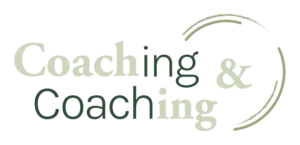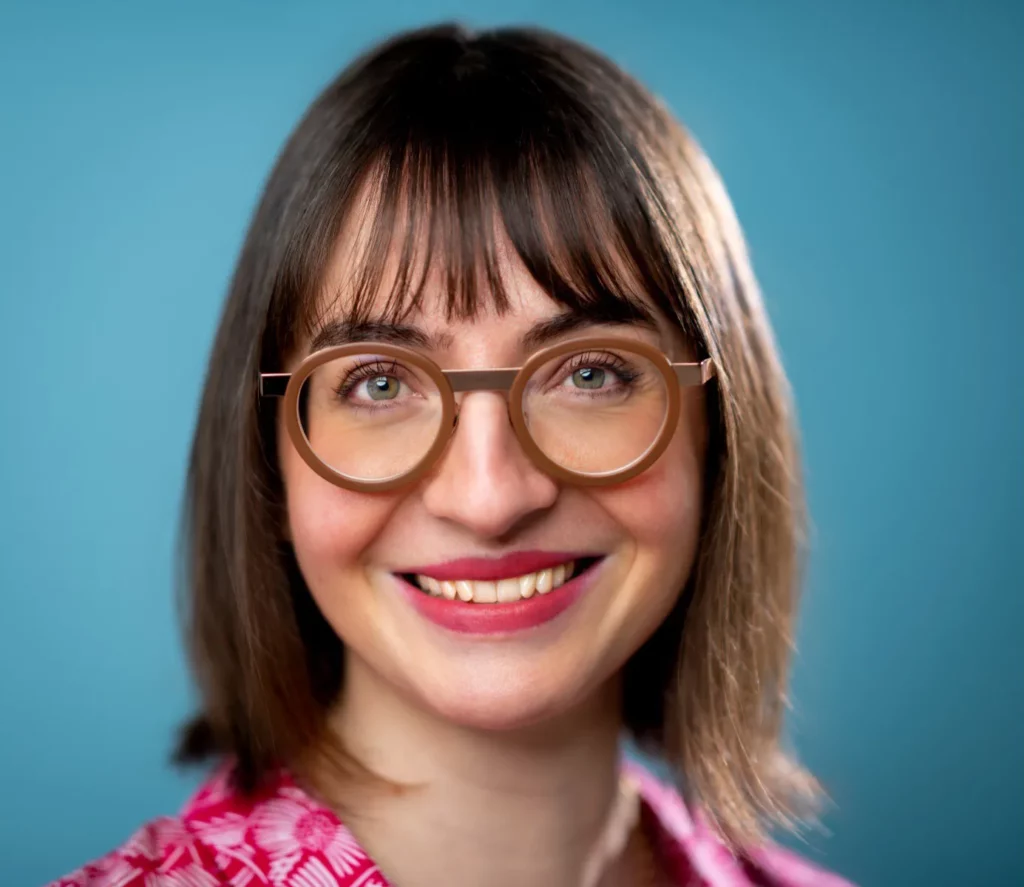Delphine Joubert
My style and sources of inspiration
I'm a coach who listens with empathy and can sometimes ask confronting questions. I am a coach who knows how to reassure and encourage, and can also suggest exploring contradictions and grey areas. Because in my opinion, tact can also be demanding.
I have many influences:
- My business & corporate experience:My background is in marketing, having worked for a long time in both SMEs and multinationals. I spent thousands of hours listening to and understanding the needs, expectations and reasoning of consumers, to inform the decision-making of major groups.
- The systems approachThis approach enables the development of evolutionary or disruptive strategies to help company players, particularly those who are resistant to change, to adapt to new contexts in order to achieve their objectives.
- Theatrical improvisation - it's useful for role-playing (job interviews, annual appraisals, etc.)
- An international cultural mindset
- Psychoanalysisthat showed me just how much I'm my primary working tool
As a coach, I'm comfortable being inventive. Profiling tools are less appealing to me because it's hard to resist the temptation to label people. So I offer the people I coach tools that give them an active role, such as photolanguage.
I work in the "here and now" of change situations. For example, I can work with a client to "encourage the emergence of the leadership posture that their company needs in the midst of transformation". But I won't be able to answer the more generic questions of "how to be a leader" or "how to change an organisation".
In other words, I create the conditions for everyone to develop new skills and new behaviours adapted to their current needs and unique circumstances. In concrete terms, how do you adapt to this new corporate culture, this new organisation, these new functions? This requires you to (re)find your confidence and agree to take your time. Because when you have to 'unlearn' and then 'relearn' something, you go through moments of imbalance and gaps between the knowledge you've acquired and your professional effectiveness. That's why, when you're faced with a professional turning point, it's important to understand your desires, fears and resistance, and to use them to define a strategy and a support plan tailored to your needs.

My certifications and accreditations as a professional coach
I've taken two individual and team coaching courses, totalling around 250 hours, and every year I continue to dedicate time to further developing my practice and posture.
All my expertise is now recognised in France with RNCP certification (Répertoire national des certifications professionnelles) and internationally with ICF certification (International Coaching Federation).
And since launching my business, I have chosen to be supervised by a pair of psychosociologist coaches during group supervision days.
How I became a professional coach
In 2018, I took an exciting turn by evolving my career path into executive coaching.
My career change as a professional coach, and all the changes I'd experienced previously (changing jobs, companies, countries, etc.), made me want to support people and teams facing a professional turning point and dealing with issues of adaptation and evolution.
I started my professional life in marketing research as a qualitative consultant in 2004, in an SME with around fifty employees. What is the purpose of qualitative research? To understand people's needs and expectations, what motivates or frustrates them, why they make the choices they do... It was during these early years that I learnt that questions are only relevant if they are asked of the right people. And that asking the right questions is like telling a good joke, it's also a question of timing: too early or too late in a discussion, the questions fall flat!
Later, I joined Kantar TNS, a multinational company with tens of thousands of employees worldwide, as Client Director, again with my qualitative expertise. Between Paris and London, my professional environment became multicultural, with teams of different nationalities and international projects for very large companies. Over the years, as a manager, I have supervised increasingly senior teams, and provided more and more support and advice for the professional development of each and every one of them.


